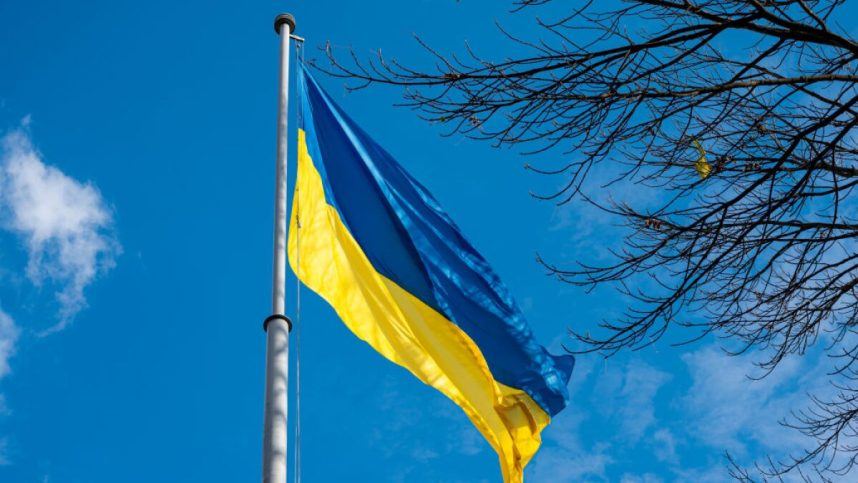Posted on: August 11, 2023, 06:51h.
Last updated on: August 11, 2023, 06:51h.
Legitimate online gaming operators in Ukraine are facing a higher cost of doing business. The Verkhovna Rada, Ukraine’s parliament, has reintroduced an 18% turnover tax for online casino operators.

Danylo Hetmantsev, the head of the Rada Committee on Finance, Tax and Customs Policy, announced the new plan on Telegram. Operators will now be required to pay the tax based on their gross gaming revenue, rather than their gross earnings. This extra revenue has the potential to help Ukraine provide for millions of displaced people as the country continues to fight against the illegal invasion by Russia.
Hetmantsev estimates that this tax will generate at least an additional UAH1.5 billion (US$40.62 million) for the Ukrainian budget each year. In the first half of this year, the gaming industry in Ukraine contributed almost UAH3 billion (US$81.2 million) to the budget. This amount is 14 times higher than the figure for the same period last year.
New Tax Slipped Into Legislation
The new tax was included in legislation that aimed to amend Ukraine’s tax code in relation to the “Protection of Human Life at Sea in accordance with Ukraine’s International Treaties.” Despite its inclusion in this legislation, the tax received enough support from lawmakers to pass. 266 out of the 450 deputies in the Rada voted in favor, securing the majority.
There was sufficient support for the measure to pass, regardless of how it was introduced. A total of 266 out of the Rada’s 450 deputies voted in favor of it during the second reading, indicating a majority.
This change for the online gaming sector is part of a larger shift in tax collection in Ukraine. As of August 1, a draft law partially lifted the moratorium on taxes for excise goods (alcohol, tobacco, and fuel), gambling businesses, and financial services. Beginning in October, authorities will closely monitor these industries for potential violations and respond accordingly.
An earlier government study revealed that the legalized gambling market in Ukraine was largely avoiding tax payments. Several operators were colluding with banks to conceal their activities.
The study found that the state budget only received 1.2% of the total turnover of the gambling market, which was estimated at UAH180 billion (US$4.87 billion) per year. Moreover, 95% of gaming business operators did not pay any taxes, according to the government’s findings.
Operators to Blame
One of the key methods used by operators to avoid taxation was miscoding. Each bank transaction has a specific four-digit MCC code (Merchant Category Code), enabling merchants, banks, and tax collectors to identify the purpose of the payment. However, sports betting or online casino transactions were coded as payments for unrelated products or services, such as video games or flowers. Additionally, some banks miscoded funds received from gaming operators for player winnings, categorizing them under different industries or as simple transfers between cards.
The government study did not name the operators involved, but it stated that at least nine banks participated in the scheme, with six doing so systematically. IBOX, one of the banks, allegedly profited as much as UAH2.5 billion (US$67.7 million) annually from its involvement in the illegal scheme.
Even the National Bank of Ukraine was reportedly involved, leading to the dismissal of two top officials. It is said to have been aware of the scheme but made no attempt to stop it.
The reintroduction of the gaming tax aims to mitigate the damage caused, but its effectiveness depends on the cooperation of the banks. If the banks do not comply, Ukraine will not receive the additional funds it expects.


